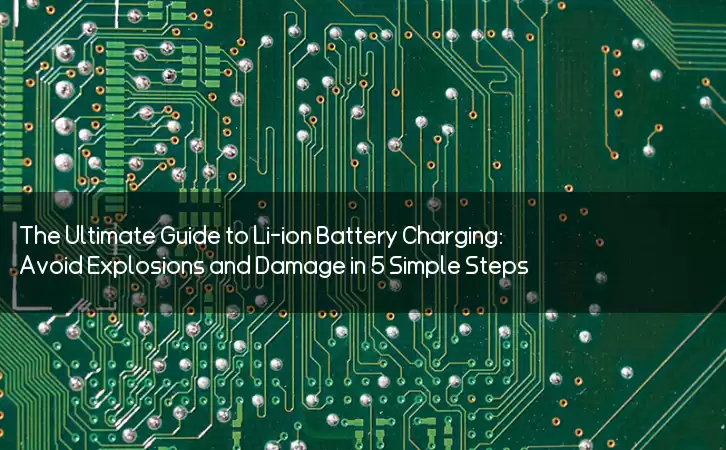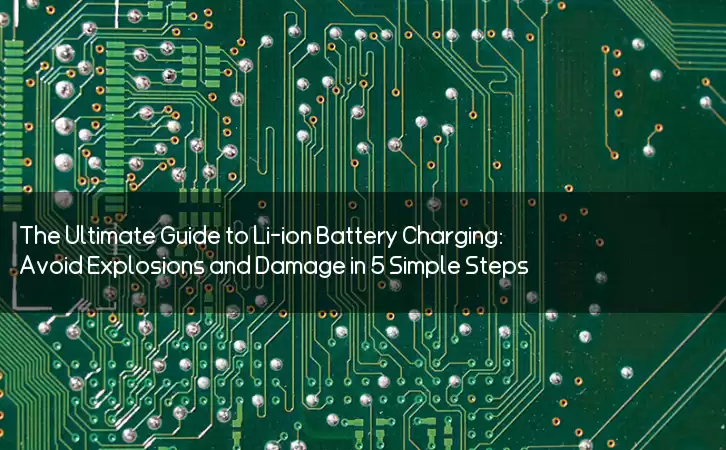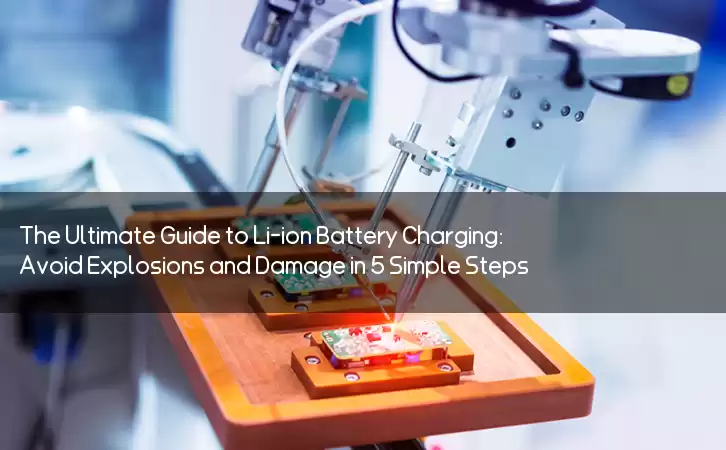Information Center
The Ultimate Guide to Li-ion Battery Charging: Avoid Explosions and Damage in 5 Simple Steps
Published:2023-06-23 20:37:07 Author:Green WCND Views:65Li-ion Battery Charger Instructions

Li-ion batteries are commonly used in many electronic devices, such as smartphones, laptops, power banks, and electric cars. Like any other battery, they need to be charged regularly to maintain their lifespan. In this article, we will be discussing the instructions for charging Li-ion batteries.

Before we get started, it is important to note that Li-ion batteries are different from other rechargeable batteries. They have a unique charging process, and charging them incorrectly can lead to overheating, explosion, or even fire hazards. Therefore, it is crucial to follow the instructions carefully.

1. Choose the Right Charger
The first step to charging a Li-ion battery is to use the right charger. Not all chargers are compatible with Li-ion batteries, and using the wrong one can damage the battery and the device it powers. Always check the owner’s manual for the device or battery to determine the type of charger required.
2. Plug-in Charger
The charger should be plugged into a wall socket or a USB port on a computer or laptop. Make sure the charger is plugged in securely to avoid any sparks or loose connections. Most Li-ion batteries come with a built-in protection circuit that prevents overcharging, so it is safe to leave them charging overnight.
3. Charging Indicator
Once you have plugged in the charger, check the charging indicator light. Most chargers come with an LED light that changes color to indicate the battery’s charging status. A red light means the battery is still charging, and a green light means the battery is fully charged. Some chargers may also have a flashing light, which means the battery is charging but not fully charged yet.
4. Battery Percentage
If your device displays the battery’s percentage, keep an eye on it while the battery is charging. When the battery is fully charged, the percentage should read 100%. However, some devices may take longer to reach a full charge, so keep the charger plugged in until the battery reaches 100%.
5. Unplug Charger
Once the battery is fully charged, unplug the charger from the wall socket or USB port. Do not overcharge the battery, as it can lead to overheating and damage the battery’s life. However, if you need to keep the battery charged for an extended period, it is best to keep the charger plugged in to maintain the battery’s charge level.
Conclusion
Charging Li-ion batteries may seem simple, but it is crucial to follow the instructions carefully to prevent any damage or hazards. Always use the right charger, check the charging indicator, monitor the battery percentage, and unplug the charger once the battery is fully charged. By following these instructions, you can ensure that your Li-ion battery stays healthy and runs smoothly for a long time.
Power Adapter Design and Customization Guide for Portable Electric KettlesI. Common Design Types for Portable Electric Kettle Power AdaptersPortable electric ke···
I. Common Design Types of Power Adapters External Independent Type (Most Common) Design: A standalone adapter (e.g., "black brick") connected to the p···
Handheld Vacuum Cleaner Power Adapter Selection GuideIntroductionHandheld vacuum cleaners have become a mainstream tool for household cleaning due to their port···
Drill Power Adapter Selection Guide.drill-container { font-family: Arial, sans-serif; line-height: 1.6; max-width: 800px; margin: 0 auto; padding: 20px; } .dril···





